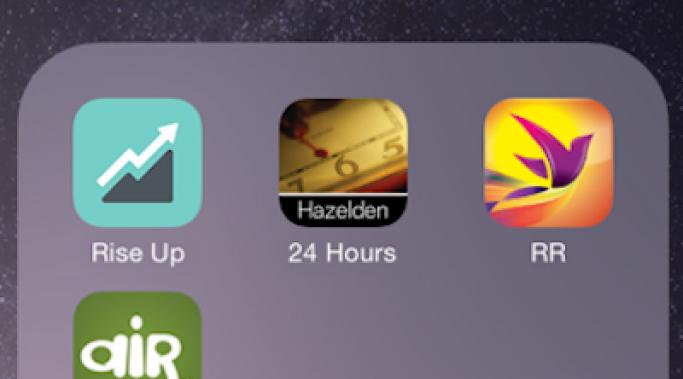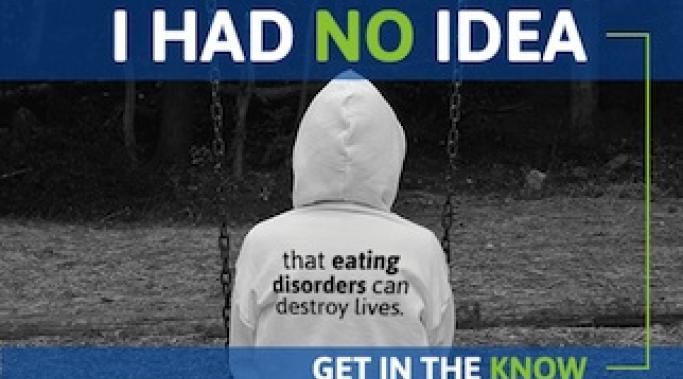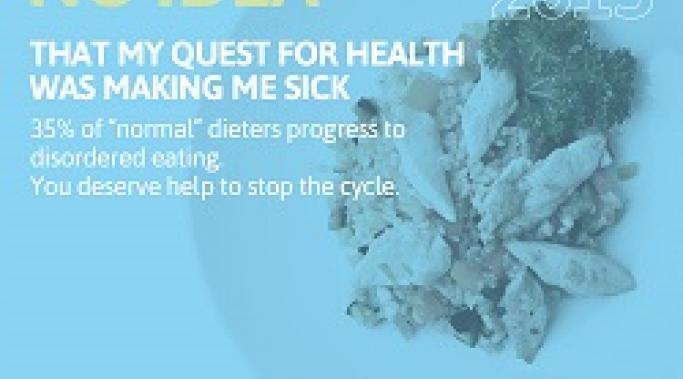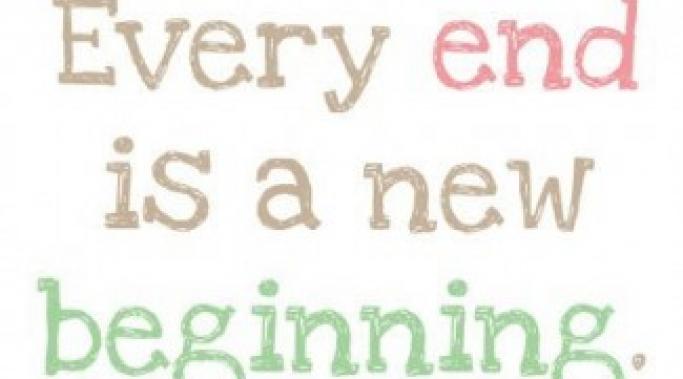I’ll be honest, when I was faced with buying a new phone a few months ago, a major factor in my decision was the selection of phone apps available for eating disorder recovery. I’d previously had a Windows phone, which offered very little in the way of available apps of any kind, much less for eating disorder recovery. So I finally joined the rest of the world and bought an iPhone. I’ve spent the last month or so downloading different eating disorder recovery apps and trying them out – here’s what I have found.
Surviving ED
There are a lot of things I wish insurance companies knew about eating disorders, but the reality is, the people who are deciding whether or not to pay for our eating disorder treatment are not always our doctors. They can be case managers, or people whose first priority is to make the company money. If the insurance company can reasonably deny your claim, they will.
And this makes me unbelievably angry. Here's what I wish insurance companies knew about eating disorders.
I had been in outpatient therapy for six months. I was seeing a dietitian. I was made to attend an eating disorder support group. Even given all those interventions, if you asked me, I didn’t have an eating disorder. I was a healthy eater who maybe had a few “funny” things around food. It's hard to tell the difference between a diet and an eating disorder for some.
National Eating Disorders Week 2015 officially runs from February 22-28. I think that sometimes it is easy to blow this week off every year, because the reality is that we are at a point (at least in the United States), where most people are fairly "aware" of eating disorders. For the most part, people are familiar with anorexia, bulimia, or binge eating and may even know someone who suffers but we still need Eating Disorders Awareness Week.
My anorexic brain is positively screaming at me not to write the next sentence of this because it is so shameful. I have gained weight. Don’t be mistaken – I have been maintaining a healthy weight for my body for almost a year so this weight is extra, unnecessary, too much. My brain is shouting, “Fat!” at me almost 24 hours a day. Right now, more than anything, I’d love to scrap my recovery and throw myself headlong into eating disorder behaviors. But I have to focus on recovering from my eating disorder even when I want to quit.
Around Christmas, I invited you guys to consider whether or not you are putting your recovery from an eating disorder as your first priority. I hope you were able to take some time and really sit with that question and come up with an honest answer for yourself. I have. That’s the thing about putting your eating disorder recovery first – you need to regularly check in with yourself and see if you are still putting your health and recovery first. And if you’re not, you need to figure out how to change that.
When I first embarked on the long road that is recovery from anorexia, I did so half-heartedly. It was something I thought I "should" do, so I just went through the motions. I saw my therapist. I saw my dietitian. I went to a support group. But aside from that, very little changed.
Patricia also made a great video about a year and a half ago about how to prepare for triggers in social situations. And while the food is panic-provoking, that is only half the battle. You also have to deal with people. I see family every year (which I look forward to) but because I only see these folks once or twice a year, I drive myself crazy wondering if I'm fatter or thinner than they saw me last. And, being well-meaning, loving people, my family want to tell me all sorts of supportive things about how great I look now that I'm in recovery. But, please, don't say these things about my eating disorder.
Dear readers,
Today in writing this post, I’m left feeling bittersweet. For the last 18 months or so, this Surviving ED blog has proven to be a wonderful opportunity for me to write about my eating disorder recovery. Throughout this experience, I’ve met wonderful people, both via comments to my posts and also in working with my amazing co-author, Jess Hudgens, whom I respect and admire more than words can say.
I was hospitalized in an inpatient facility for a few days recently (not for my anorexia, but a comorbid condition). I was there long enough to see some patient turnover and was reminded just how much the attitudes of people you are in treatment with can affect you. In school, we call this the "therapeutic milieu." I prefer to think of it as the general "vibe" of the unit.









